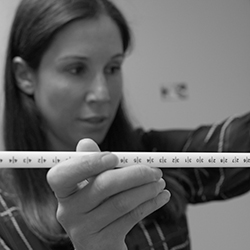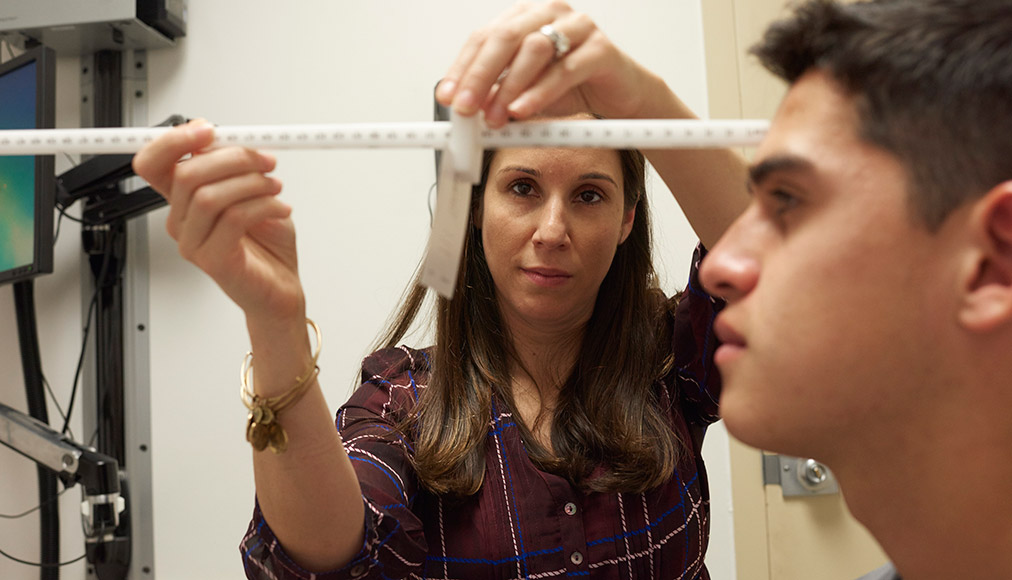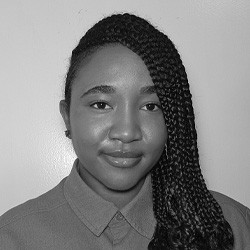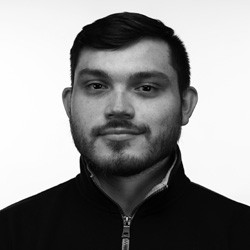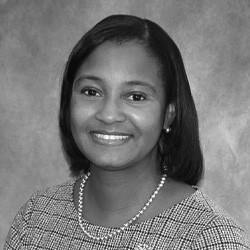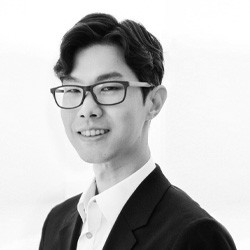Skim a list of “top jobs of 2016” and you're likely to find occupational therapist (OT) on it. That fact is of little surprise to Christina Finn, assistant professor of occupational therapy in NYIT School of Health Professions and a New York state-licensed OT certified by the National Board for Certification in Occupational Therapy.
“Occupational therapists treat the whole person,” says Finn, who believes this holistic approach is more necessary than ever as people live longer and expect to do more during their lifetimes. “They look at physical, cognitive, and psychosocial elements of the person.”
According to the American Occupational Therapy Association, OTs help people of all ages to take part in things they want and need to do through the therapeutic use of daily activities.
Such holistic treatment is also in demand due to the escalating number of health problems faced by Americans. Obesity, heart disease, and cancer are just a few.
As Finn explains, “I help people to get back to living a meaningful life. OTs also work with a variety of different types of clients and across the spectrum of people's lifetimes.”
Finn teaches NYIT graduate occupational therapy courses that address physical impairments such as burns and amputations, and neurological conditions such as spinal cord injuries and traumatic brain injuries. In addition, she teaches a class specifically related to motor learning and development. For her course on neurological conditions, she's experimenting with using a wearable GoPro video camera to do vision screenings, which are used for discerning concussion symptoms.
She also works alongside doctors at NYIT Center for Sports Medicine to do vision screenings for patients with concussions and develop treatment plans. Her interest in concussions as a health issue is related to her fascination with the human brain.
“When you're talking about the brain, you really have the opportunity to treat a person inside and out,” says Finn, who is a member of AOTA and published the March 2015 article “The Role of Occupational Therapy in Managing Post-Concussion Syndrome” in the association's Special Interest Section Quarterly (PDF).
She gained firsthand experience with concussion patients at NYU Langone Medical Center in New York City, her employer prior to NYIT. "I learned how feeling dizzy and having headaches can affect your quality of life," she says of symptoms often associated with concussions.
Finn will share her expertise at a professional development lecture series on April 6 as part of the upcoming NYIT Sports Concussion Conference.
